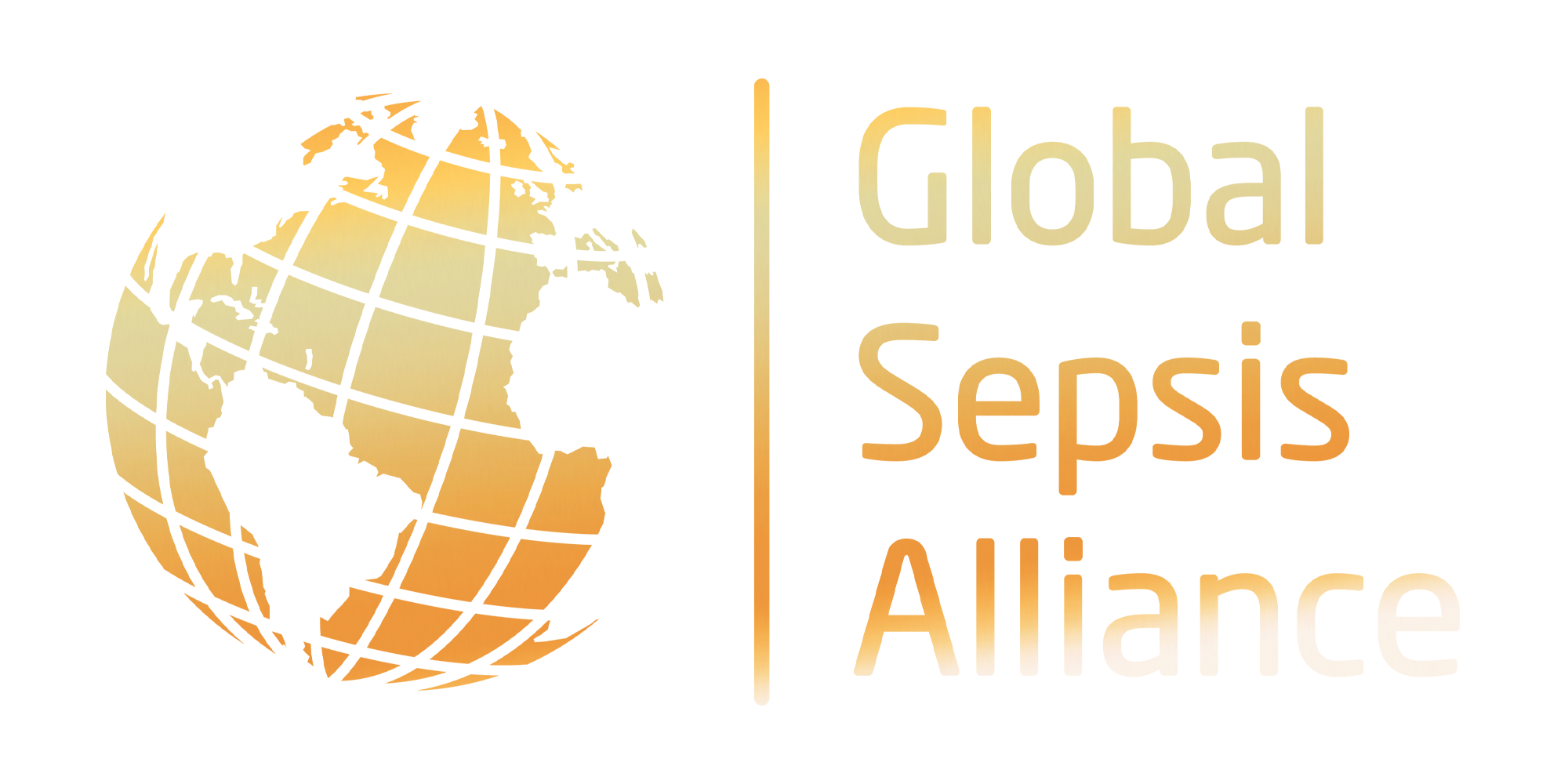Evangelos Giamarellos-Bourboulis, chair of the European Sepsis Alliance, is honored and excited to invite you to join the 7th Annual Meeting of the ESA in Brussels on March 18, 2024.
“The whole ESA Steering Committee is delighted to welcome in person and online our friends and stakeholders, to exchange learnings and identify challenges and solutions for the fight against sepsis in Europe. We look forward to hearing the perspectives of prominent leaders on the advances in research, policy, and advocacy.”
The event “Is Europe Ready to Lead the Global Agenda on Sepsis?” will take place on Monday, March 18, 2024, in Brussels, with registrations now open for both in-person attendance and the free live stream.
2024 is a year of change in many aspects: sepsis is finally being understood by global leaders as a health emergency that must be prioritized and deserves urgent action, if we want to effectively tackle other global priorities such as AMR, pandemic preparedness, patient safety, and health equity.
The European elections on the horizon provide a unique opportunity to include and prioritize sepsis in a renewed European health policy agenda.
Join policymakers, experts, and patients for an engaging discussion that will explore progress, challenges, and successful ways forward in the fight against sepsis in Europe.
























